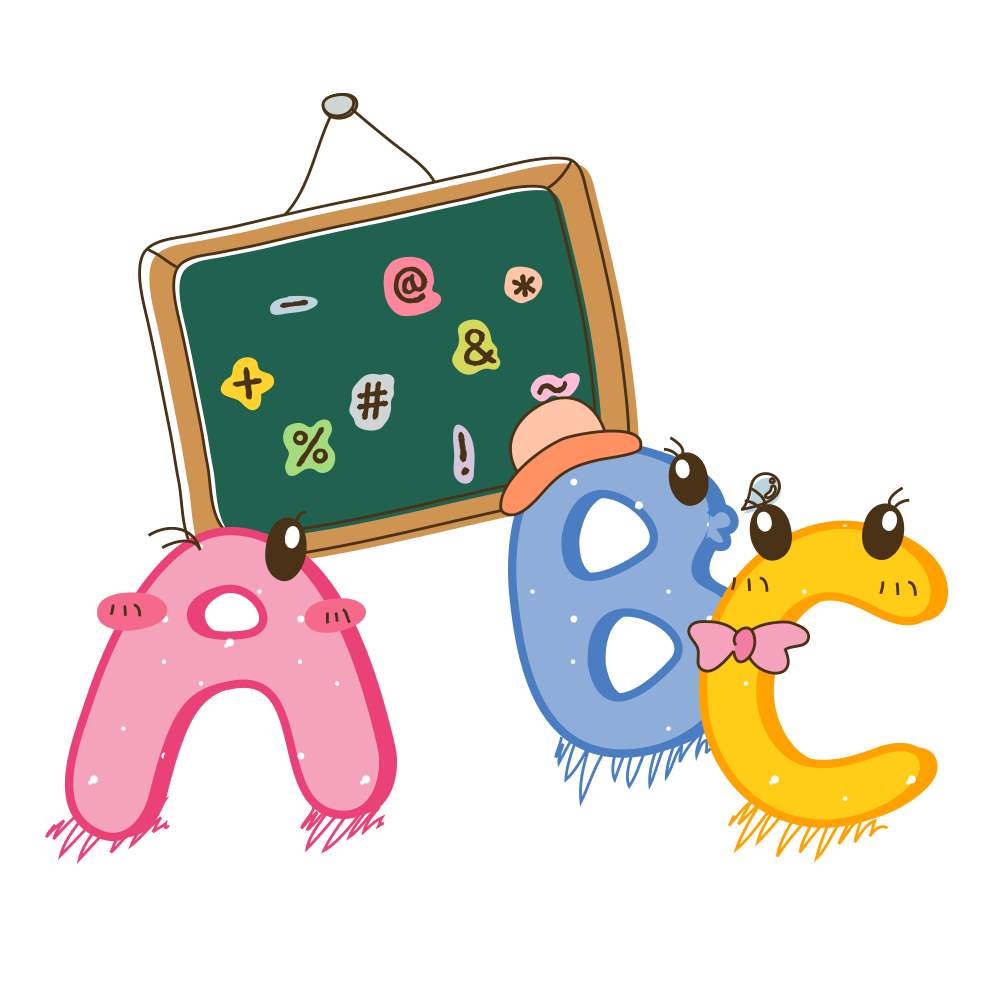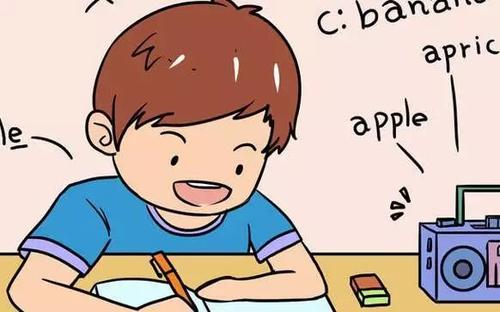世上无难事,只畏有心人,有心之人,即立志之坚者也,志坚则不畏事之不成。下面课件网小编为您推荐初二下册英语复习知识点。

Unit 1
Useful Expressions
1. make predictions 做预测
2. free time 空闲时间
3. fly rockets to the moon…乘飞船飞往月球
4. on a space station 在太空站上
5. study at home on computers呆在家里通过电脑学习
6. live to be 200 years old 活到200岁
7. fall/be in love with sth./ sb. 爱上某物/某人
8. keep pets 养宠物
9. be able to 能够
10. predict the future 预测未来
11. come true 实现
12. see sb. do sth. 看见sb.做某事(的全过程)
doing sth. 看见sb.正在做某事(片断)
13. help sb. with sth. 帮助某人做某事
14. hundreds of 数以百计的
15. try to do sth. 尽力做某事
16. look smart 看上去聪明
17. look for 寻找
18. twenty years from now 从现在算起20年
from now on = in the future 今后
19. do the same things as us我们做同样的事情
20. live alone 一个人住
Key Points
1. Do you think …?
I think (that)….
I don\'t think (that)….
2. study at home on computer
辨析:on,in和with.
on:表示使用通讯工具、信息或传媒,乘坐交通工具等;
in:使用语言文字等媒介;
with:借助具体的手段或工具。
Eg. I don\'t want to talk about it on the phone.
Can you speak it in English?
Don\'t write it with a red pen.
3. Will people use money in 100 years?
"in+时间"结构常与一般将来时连用,对其进行提问时用特殊疑问词how soon.
4. before
ago 与过去时连用
5.It\'s+adj./n.+(for sb.)to do sth. 对某人而言做某事是…
Grammar Focus
1. The Simple Future tense
一般将来时的三种基本结构:
⑴ will +V. He will wear a uniform to school next Thursday.
⑵ be going to +V. He\'s going to wear a uniform to school next Thursday.
⑶ be + Ving He\'s wearing a uniform to school next Thursday.
一般将来时的时间状语:in + 时间,in the future,next + 时间,
与tomorrow 相关的时间,this + 时间,from now on,one day…
2. 形容词、副词的比较级用法
less pollution/ time更少的污染/ 时间
fewer people/apartments 更少的人/公寓
more pollution更多的污染
more tall buildings 更多的高楼
Unit 2
1. argue with sb. 与某人争吵
about/over sth. 为某事争吵
3. be out of style/danger 过时/脱离险境
be in style/danger 时尚/处于危险之中
4. call sb.up (代词放中间)给某人打电话
5. keep out 不让…进入
6. , talk about it on the phone 通过电话谈论它
7. be surprised to … 对…感到吃惊
8. borrow sth. from sb. 从某人那里借入某物
9. ask your parents for some money
10. need to do sth. (某人)需要做某事
doing sth. (某物)需要做某事
11. pay … for sth. 为某物付…(钱)
12. the same + n. + as… 与…一样的n.
13. get on well with sb. 与某人相处融洽
14. have a fight with sb. 与某人争吵
15. take part in 加入
16. don\'t have any money没有钱
17. as much as possible 尽可能多的…
18. a ticket to a ball game 一张球赛的票
19. too much pressure 太多的压力
20. have free time to relax有空闲时间放松
21. busy enough 足够忙
enough money 足够的钱
22. find it difficult/hard to think for themselves 发现为他们自己着想很难。
KP.
1. Sb. pay …for sth. 某人为某物花了…钱。
Sth. cost sb. … 某物花了某人…钱。
Sb. spend … on sth. 某人花了…(时间、金钱)在某事上。
(in) doing sth. 某人花了…(时间、金钱)做某事。
It takes/took sb. … to do sth. 花了某人…(时间、金钱)做某事。
2. not … until 直到…才… (主句动词是短暂性动词)
3. leave sth.+地点介词短语 She left her keys at home an hour ago.
4.Everyone was invited except me除我之外每个人都被邀请了
5.I don\'t know what to do./ how to do it.
6. The tired children don\'t get home until 7:00 疲惫的孩子们直到七点钟才到家
GF
情态动词
1. 情态动词没有人称和数的变化;
2. 情态动词不能直接做谓语,必须和一个动词原形同时使用;
3. 大多数情态动词没有时态的变化;
4. 情态动词加上be,通常表示猜测的语气。
Unit3
1. in front of ---- behide 在…的前面 ---- 在…的后面(范围外)
in the front of ---- at the back of 在…的前部 ---- 在…的后部(范围内)
2. take off 起飞 / land on降落
3. get out of the shower 刚洗完澡…
4. You are kidding. 胡说八道
5. call the police/TV station 给警察/电视台打电话
6. have an unusual experience 有一次不寻常的经历
7. take place about 30 years ago.发生在30 年前
8. follow sb. to do sth. 跟着某人做某事
9. get into 进入
10. shout at 训斥、责备
11. What happen? 发生什么事了?
happen = take place 发生
12. in silence 沉默地
13. at the doctor\'s 在诊所
14. think of 想起 think about 考虑
15. climb up the tree 爬上树
16. run away 逃跑,逃掉
KP
"as + 形容词/副词的原级+as"表示"和…一样"
否定形式:"not as/so + 形容词/副词的原级+as" 表示"和…不一样"
GF
1. The Past Progressive Tense
过去进行时
⑴用法:表示在过去某一时刻或某段时间内正在进行的动作。
⑵谓语结构:be ( was, were )+ Ving
⑶时间状语:at that time/moment
at + 点钟 + yesterday/last night
from +点钟 + to +点钟 + yesterday
this time yesterday
just then
when he came in, ….(when引导的时间状语从句是过去时,并且动词是短暂性动词时,主句使用过去进行时)
2. when while
when与while都是从属连词,都有"当……时"的意思。
when 可与一个点的时间或表示一段的时间连用,从句动词可以是短暂性或延续性动词;
while 只指一段时间,因此while从句中的谓语动词必须是延续性动词。
3. What an important event it is!
How important the event is!



